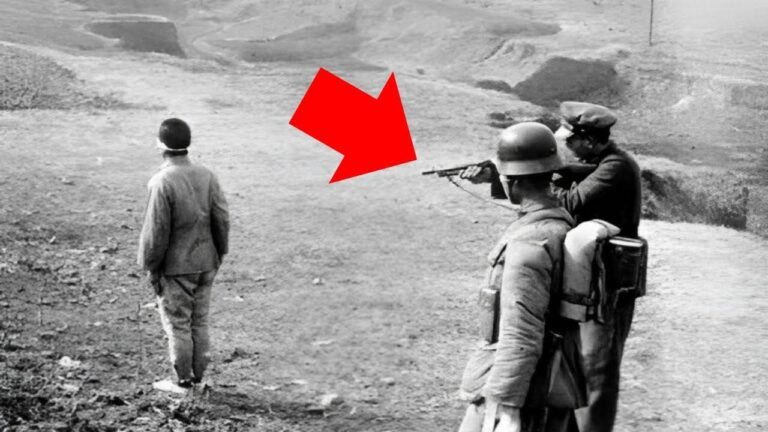The Science Behind “You Are What You Eat” on Netflix
- A ground-breaking study at Stanford showed that a vegan diet improves cardiovascular health, inspiring the Netflix series "You Are What You Eat".
- Research led by Christopher Gardner and his team compared the diets of 22 pairs of identical twins.
- Participants’ diets were intentionally manipulated, leading vegans to consume fewer calories and lose more weight.
- Findings will be published in separate publications.
- The study design was influenced by available resources and clinical relevance.
- The documentary sparked public interest and encouraged dietary changes, but context matters – consult a dietitian for personalized advice.
📊 Key Takeaways
| Identical Twins Studied | Participants Accessed for Publication | Number of Calories Fed to Vegans and Omnivores | Length of Study |
|---|---|---|---|
| 22 pairs | Partial data shared | Vegans fed fewer calories than omnivores | 8 weeks |
🧬 Twin Study Inspiration Behind the Documentary
The Netflix documentary You Are What You Eat was inspired by Stanford’s groundbreaking study that involved identical twins. In this study, 22 pairs of identical twins were involved, with one twin following a vegan diet and the other an omnivorous diet. The research revealed that a vegan diet improves overall cardiovascular health. This study became the inspiration for the Netflix series and prompted many people to change their diets and engage in conversations about creating a healthier planet for individuals.
🌱 Evolution of the Study
👩🔬 Exciting Research Team
The research team, led by Christopher Gardner and Dr. Ward, focused on the metabolic aspects of human nutrition and took a unique approach to the study by working with identical twins. Though challenging, the study design was fun for the team, and they approached human nutrition using a combination of mice research data and human data to draw comprehensive conclusions.
💼 Budgeting and Research Decisions
The formation and execution of the study involved careful budgeting and decision-making to ensure the viability of the entire project. The team encountered challenges in terms of resources and budget, leading them to make various decisions about the research.
🍽️ Study Design and Execution
🥦 Calorie Manipulation and Findings
The study involved matching participants’ diets to various aspects, including caloric intake, creating a sound foundation for the research findings presented in the documentary. Manipulating caloric information led to significant weight changes between the groups, shedding light on the impact of diet on health.
📊 Data Distribution and Publication
The research generated a significant amount of data, allowing for a holistic understanding of how diet impacts health. However, space limitations in scientific papers prompted the team to distribute the data across several publications for comprehensive coverage.
🌟 Impact and Reflection
🌱 Shift to Plant-Based Diets
The research findings and Netflix documentary led to a shift in many individuals’ diets, prompting them to explore plant-based recipes and adopt healthier eating patterns. The study also addressed common misconceptions and introduced progressive discussions about dietary preferences and their effects on health.
📈 Expectations vs. Outcomes
The team expressed enthusiasm for the study’s outcomes, surprising even the skeptical team members. The biological aging findings stirred curiosity and left the team impressed and excited about the study’s unexpected yet impactful findings.
🤔 Conclusion and Public Response
☯️ Study Bias and Contextual Considerations
The team received varying feedback and criticism about potential study biases and their personal dietary preferences. Nonetheless, their commitment to unbiased, evidence-based research remained steadfast, emphasizing the importance of considering contextual factors when interpreting the study’s outcomes.
📚 Future Foundation of Research
The unique nature of the study and its impact have not only generated public interest but also laid the groundwork for future collaborative research endeavors. The team’s approach and discoveries have sparked hope and curiosity among the audience, encouraging further exploration of the study’s implications for health advancements.
In conclusion, the study and its subsequent impact signified a significant step in reshaping how individuals perceive diet and health. This pioneering research not only offered invaluable insights but also opened doors for further exploration, inspiring a new wave of health-conscious conversations and considerations of futuristic dietary practices.
❓ FAQ
-
Q: What was the primary inspiration behind conducting a study with identical twins?
- A: The unique genetic similarity between identical twins provided the researchers with an unparalleled opportunity to study the impacts of diet on health across similar genetic profiles.
-
Q: What prompted the team to allocate different calorie intake to vegans and omnivores in the study?
- A: Calorie manipulation was an intentional part of the study design to understand the distinct effects of contrasting diets on weight, health, and overall well-being.
The detailed exploration of the twin study’s impact on "You Are What You Eat" offers an insightful perspective on the evolving dialogue around diet and health. The research process, combined with the documentary’s influence, has truly propelled a significant shift in dietary awareness and overall well-being. For further updates on the study, kindly visit stanford.edu.







